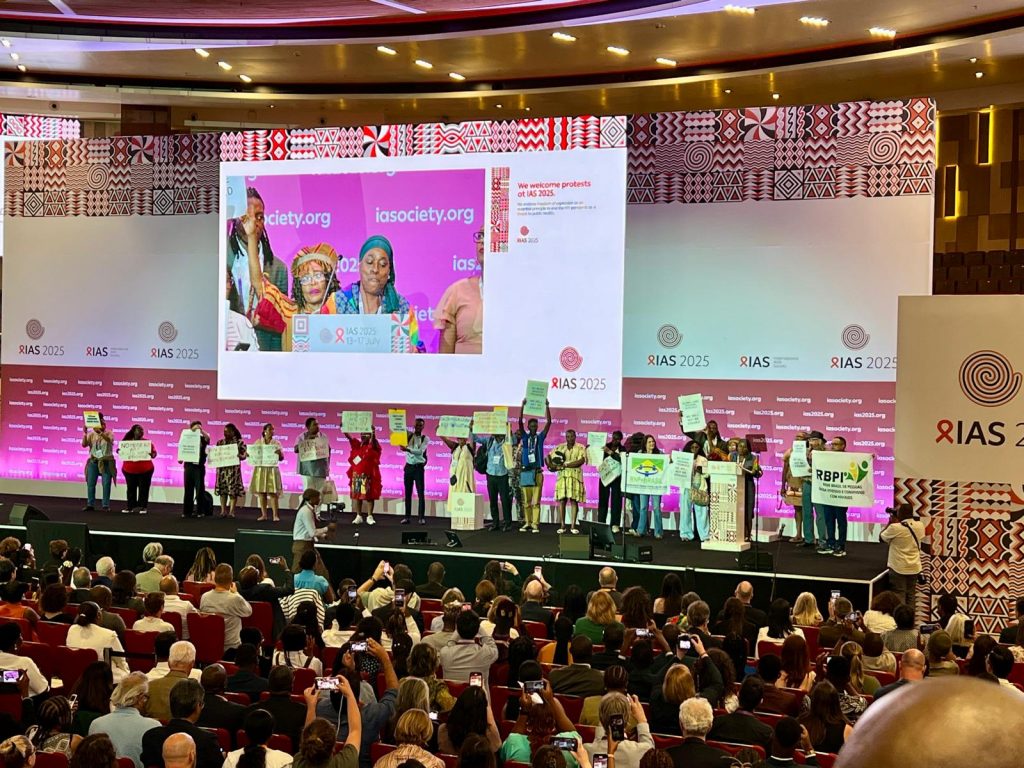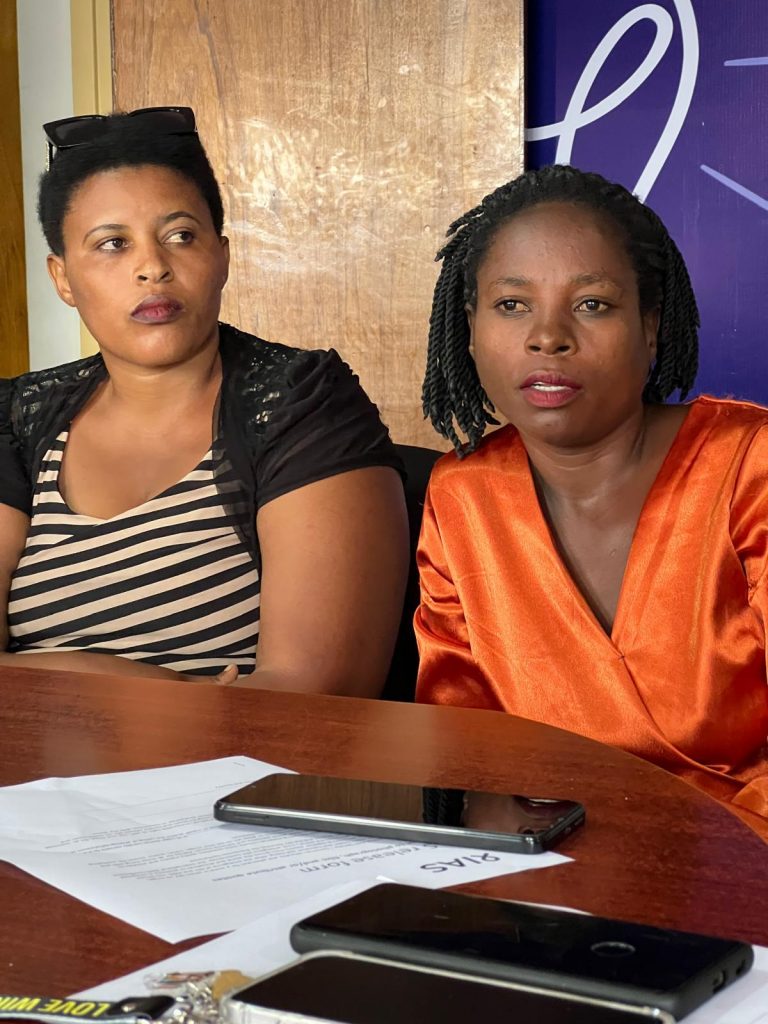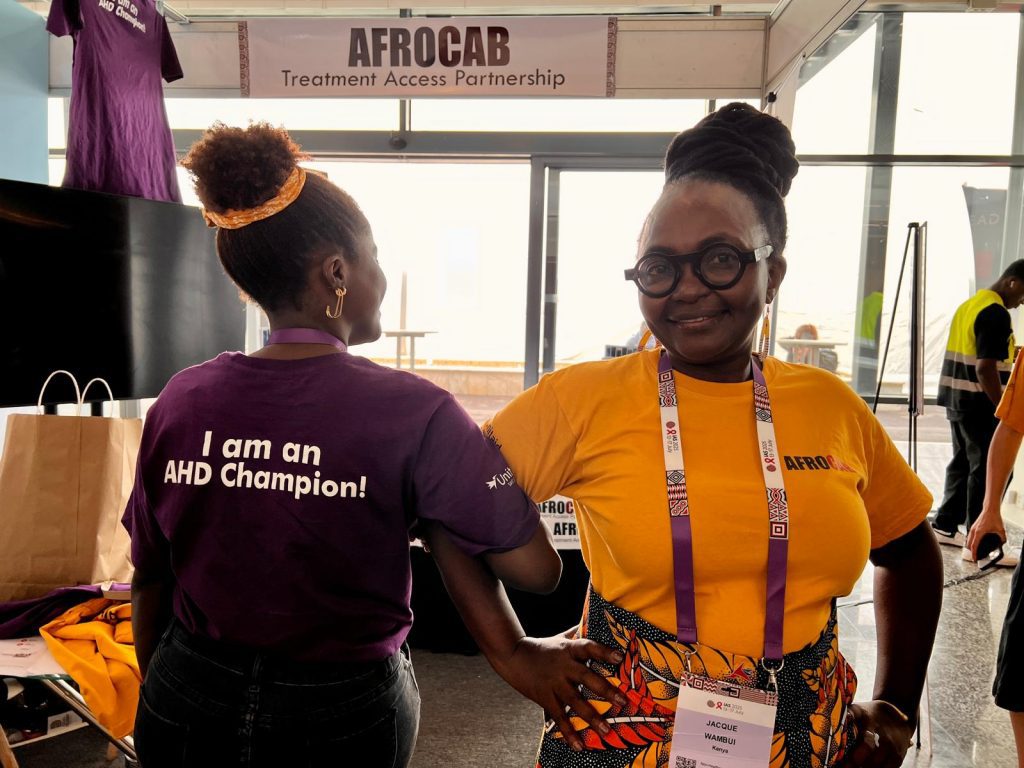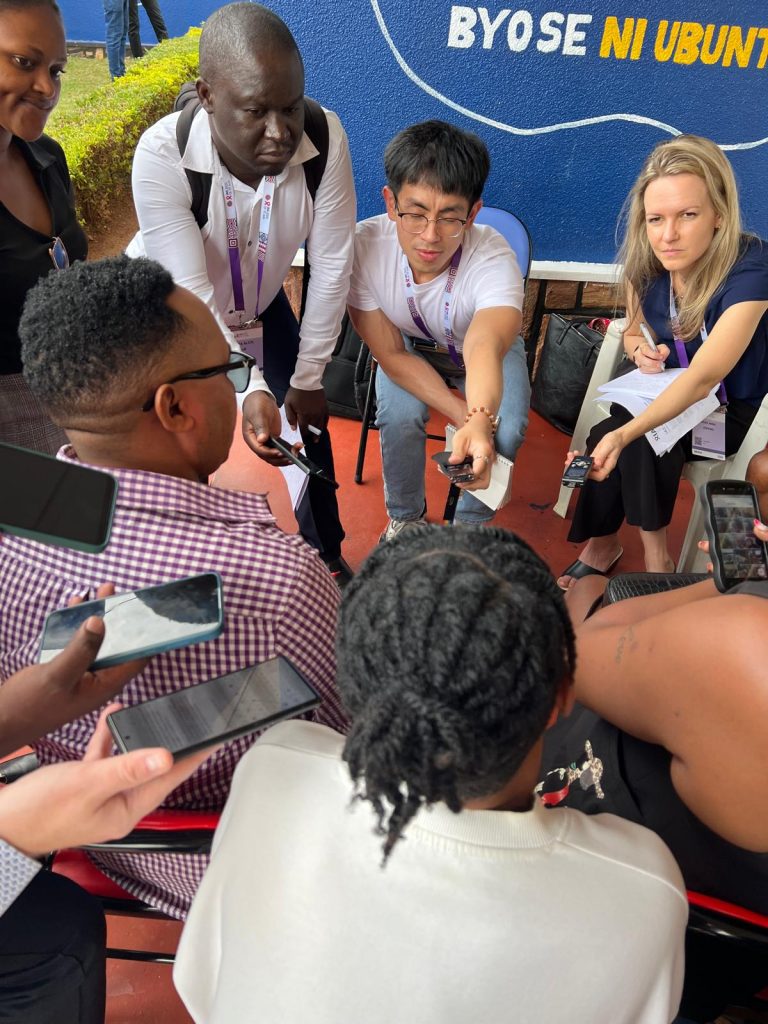As IAS 2025 draws to a close in Rwanda, I find myself holding on to a mix of emotions—some heavy with worry, others lit up by hope. Being in Kigali, surrounded by so many allies, researchers, advocates, and friends—both familiar and new—was a reminder of how powerful this movement truly is. But the mood was sombre.
1. Funding Cuts Are Hurting the Heart of the Response
One of the most painful truths repeated throughout the conference was this: funding cuts are cutting into the core of the HIV response.
Programs have been stopped. Outreach has stalled. PrEP access is shrinking. Health workers here in Kigali, who used to receive three-month supplies of PrEP, now find themselves rationed to one month—without explanation. And what’s perhaps most devastating is the silencing of community voices, particularly those of key populations.
Without core, flexible funding for community-led responses, the very people who built and sustained this movement are being pushed aside. And that silence is not accidental—it is strategic.

2. The Resilience of Communities Is Unshakable
And yet, in every room, on every stage, the strength of community shone through.
The HIV movement is grounded in solidarity—a kind of deep, interwoven support that isn’t based only on science or funding, but on shared humanity.
This is what real power looks like: people showing up for one another, even in the face of fear, fatigue, and injustice.
We heard from activists in hostile environments, community health workers who haven’t been paid in months or have lost their jobs, and young advocates whose courage outweighs their resources. They are still here. They are still fighting.
3. There Was Good News, Too
Despite the setbacks, there was progress to celebrate.
We heard promising updates on new PrEP options that will expand prevention access. And there was encouraging news from the Medicines Patent Pool, with the announcement of a voluntary licence for CAB-LA + RPV for HIV treatment—a long-acting therapy that brings renewed hope to people struggling with daily adherence, and to all who deserve simpler, more dignified treatment choices.
These are not just medical advances—they are lifelines.
And Then There Was the Human Magic…
What stays with me most from this week isn’t just the statistics or the policy debates. It’s the stories. The faces. The moments of quiet connection.
I met a young woman attending the conference for the first time. Her sister is living with HIV, and she had come to Kigali hoping to understand more. She told me that until this week, she and her sister felt like they were in a “cocoon of two.”
Isolated. Unsure. Alone.

But this week, that cocoon began to break open.
She met people who welcomed her. People who shared their own stories. People who will now walk alongside her and her sister as they navigate this journey.
They are no longer a cocoon of two—they are part of something much bigger.
This is what this movement is.
Not just science. Not just strategy.
Family. Strength. Solidarity.

We Cannot Go Back. You Will Not Erase Us.
This message echoed through every session. And it’s one I’m carrying forward.
We cannot afford to go back to those terrible years in the late 90’s where HIV was a death sentence— we can not go back, not on rights, not on access, and not on the community wisdom that has always guided us.
Let us keep speaking up. Let us keep showing up—for one another.
And let us make sure we never go back.

This reflection was written at the close of the IAS 2025 Conference in Kigali, Rwanda. To everyone I met this week—thank you for reminding me what courage and connection truly look like.
– Gelise